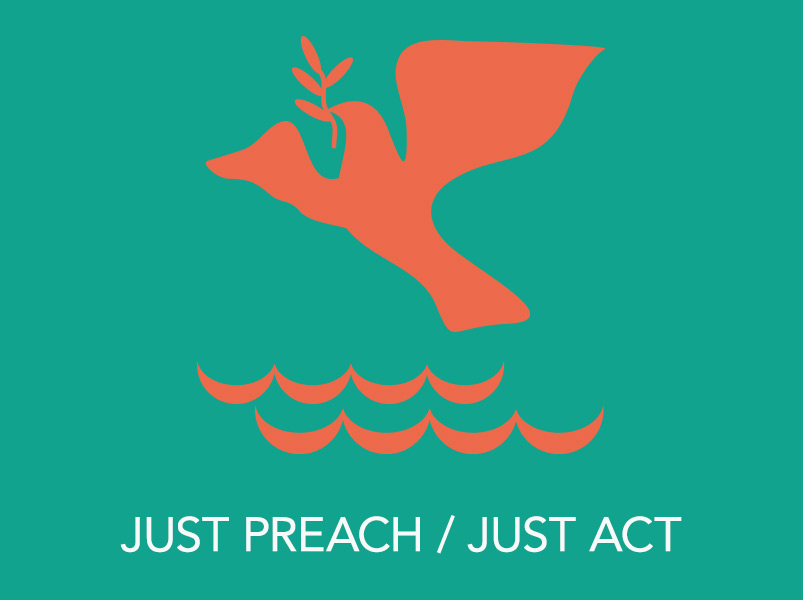Injustice of the Unhoused
2023 African American Preaching Series

A Seminary Student’s Reflection
By Ayesha Edwards
The African American church has always served as a beacon of hope for the oppressed and marginalized. As an aspiring public theologian, I found that the 2023 African American Preaching Series resurrected the call to persist in the prophetic accountability we have been charged to pursue in response to social injustice, disenfranchisement, and racism.
Kicking off the series by speaking about the systems that exist to “protect the greedy rather than the needy,” Rev. Graylan Hagler took us along the scenic route that compels us to adjust our lenses to see the path that God is leading us toward—a path that others cannot see and a path that leads to where God calls us all, thus de-privatizing salvation.
According to Hagler, social justice issues are not meant to be treated like a menu. We should not give ourselves the luxury of picking and choosing which concerns to be involved with. When we align ourselves with God’s purpose, plan, and provision, God’s protection is guaranteed. Hagler says, “The Resurrection is a statement,” and it is critical that we understand the power and authority that resides in us to dismantle systems, destroy strongholds, and demolish societal hatred. It is our responsibility to assure those who are unable to demand or have been denied justice that we are fighting for and alongside them.
Rev. Jimmie Hawkins continued the series with an emphasis on scriptural evidence for this responsibility. Hawkins zoomed in on the life and mission of Jesus Christ as prophet, a position that is not often acknowledged as much as priest and king are. With the prophetic voice that the Black church has commanded, social justice and activism have been a prominent part of its mission. “We cannot talk about scripture without talking about justice,” said Rev. Hawkins. “Advocacy is a spiritual endeavor.”
At the conclusion of this invigorating reminder that we are endowed with the Word of God that authorizes us as agents of justice, I walked away with the understanding that it is not about religion, radicalism, or even righteousness, but it is indeed about relationship(s). This understanding serves as the basis for my public theology platform and duty. It is said that a teacher has not taught unless a student has learned. A corollary might be that a preacher has not preached if a listener has not responded. Encouraged to mobilize and embrace accountability for permanent, systemic resolutions to end all of the “-isms” that exist, it is undeniable that these preachers have indeed preached!
Ayesha Edwards is currently pursuing a dual master’s degree in Christian education and public theology at Union Presbyterian Seminary. She is a lifelong learner and educator whose commitment is spreading the message of Jesus Christ while advocating and engaging in matters of social justice. For her, these commitments are one and the same. Her primary interests include dismantling the school-to-prison pipeline; education reform; women and leadership; human trafficking; and basic human rights such as food security, housing, and voting rights.








